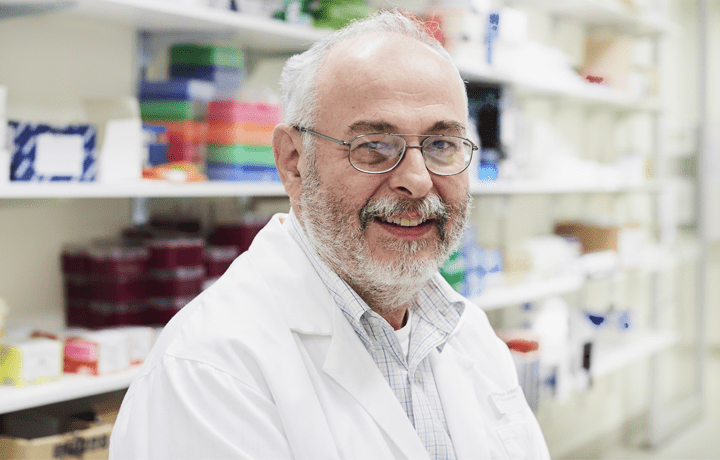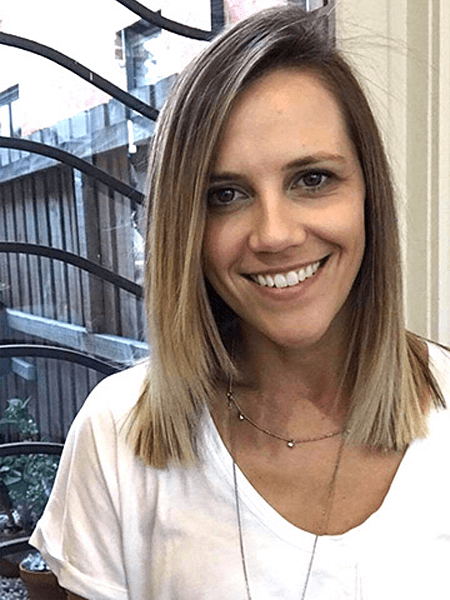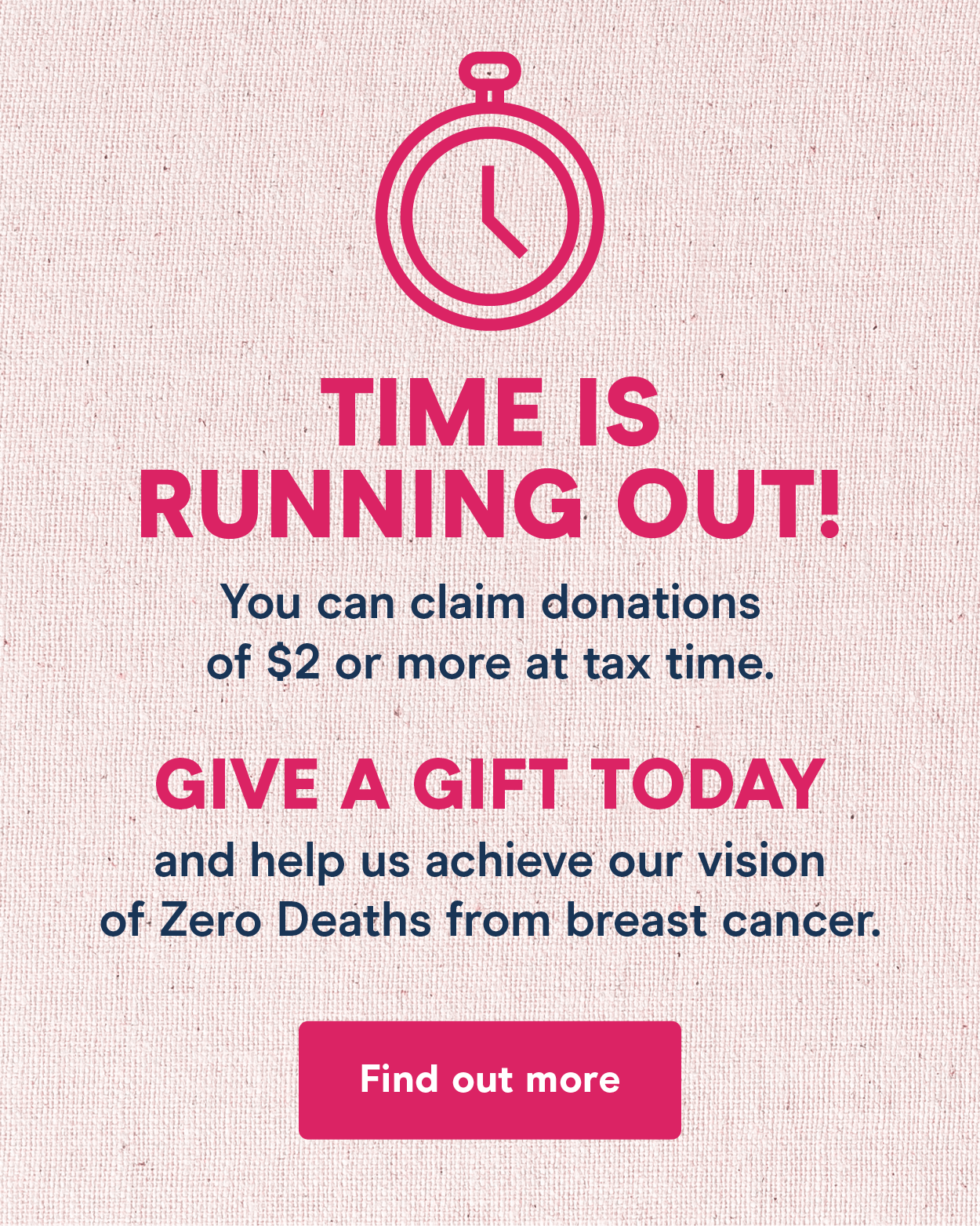OUR LEADERS SHAPING THE FUTURE OF BREAST CANCER
A total of $9.2 million in funding was awarded to breast cancer research projects from the National Breast Cancer Foundation (NBCF) in the ongoing battle against the disease. This funding will support 66 of Australia’s researchers – from established leaders in breast cancer research to some of our brightest up-and-coming stars from all over the country.
This year, the research projects will extend across prevention and risk, detection, improved and new treatment, and quality of life.
Associate Professor Alexander Dobrovic was thrilled to be a recipient of one of this year’s research grants. His work on liquid biopsies to monitor and manage breast cancer holds great potential for the future.
Currently, the diagnosis of breast cancer and treatment monitoring often requires invasive tissue biopsies and/or imaging techniques such as CT scans. These tests can be time-intensive and expensive to complete. As such, advances in the development of ‘liquid biopsies’ which are based on the analysis of blood samples, hold great and exciting promise.
Associate Professor Dobrovic is developing a new set of biomarkers for the detection of breast cancer DNA in the blood. This study will validate the new biomarkers and develop a test which could be used to monitor every breast cancer patient.
Due to the improved ease of use, decreased risks and costs, and better comfort for patients, liquid biopsies have great potential in future breast cancer management.
“This is vital research to progress the field of liquid biopsy in breast cancer. Knowing how the patient is responding to treatment would make a huge difference to how cancer is managed, resulting in improvement to patients’ lives.”
Associate Professor Alexander Dobrovic, NBCF-funded researcher

MEET KATHERINE
Katherine was 28 when she was diagnosed with breast cancer in 2007. As a young woman with no family history of the disease, Katherine’s diagnoses came as a huge shock to her.
As part of her treatment, she had a lumpectomy, chemotherapy and radiotherapy, all of which finished in 2008. Katherine is enthusiastic about raising awareness of the importance of breast cancer research and encourages women to be ‘breast aware’.
“By sharing my story, I aim to raise awareness of breast cancer affecting young women,” says Katherine.
“I am aware that I’m very lucky to be approaching 12 years free from breast cancer. But added to this, the impact of blood tests for monitoring breast cancer is excitingly promising.”

